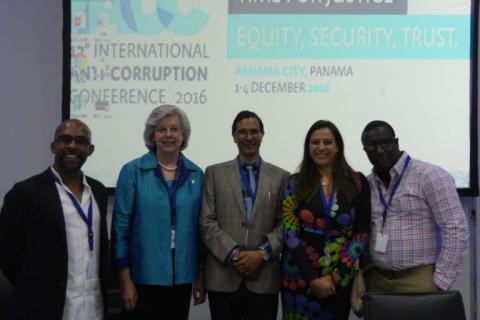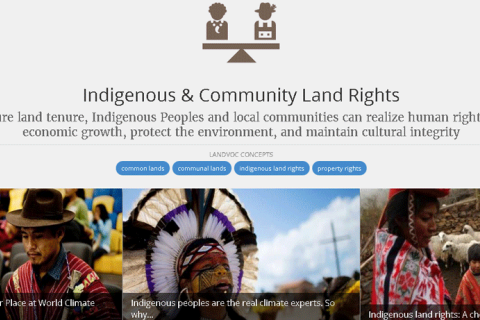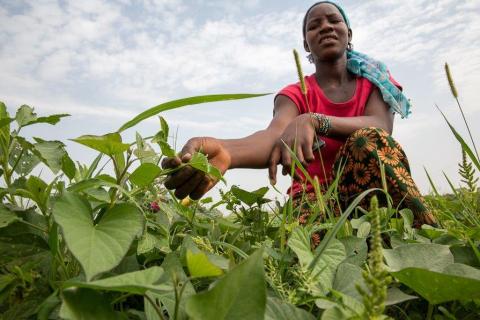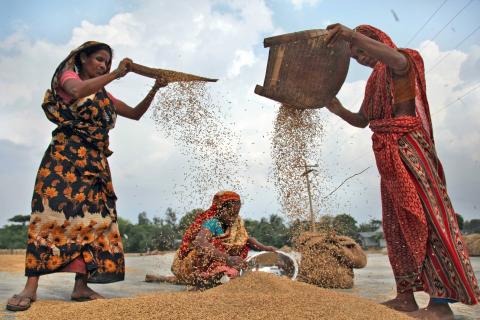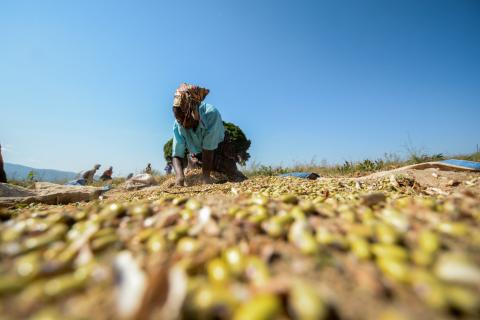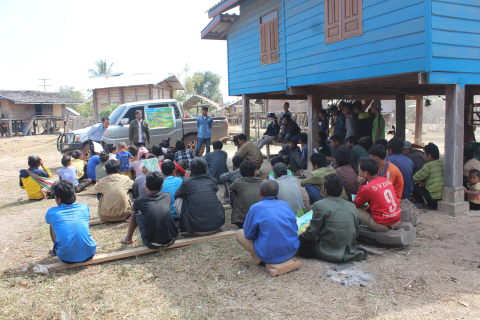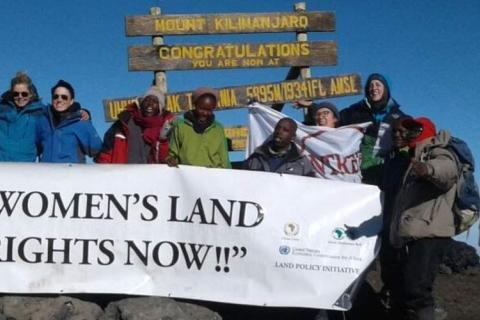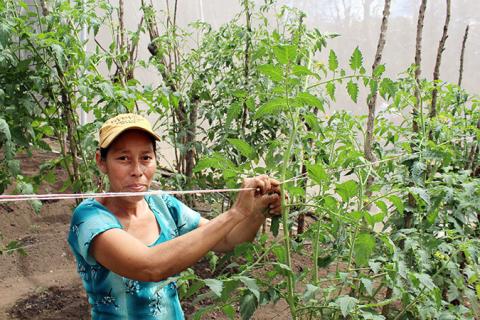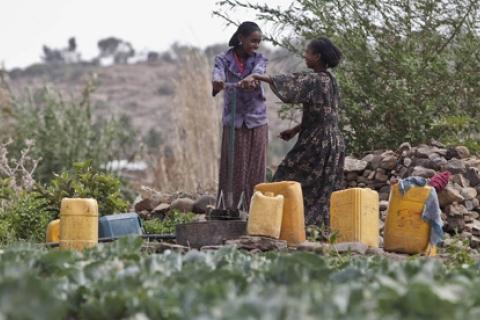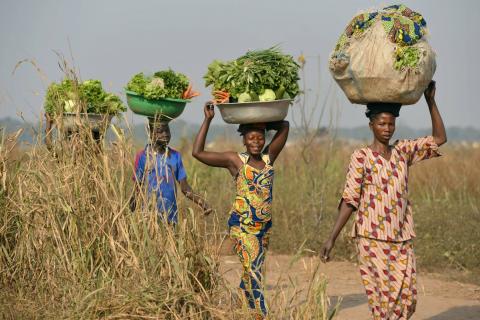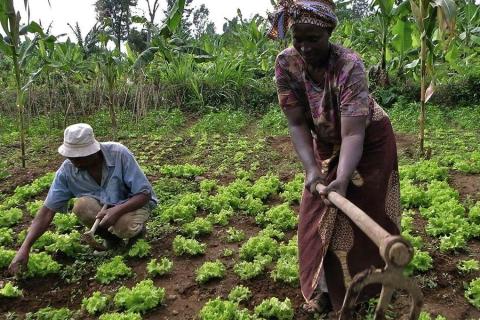Sextortion: the silenced side of corruption
In February of this year, a deportation officer of the United States Immigration and Customs Enforcement (ICE) agency was indicted for extorting immigrants for cash and sexual favors. Arnaldo Echevarria promised two undocumented women “working papers” in exchange for sex, eventually impregnating one of them.
This is just one example of the many cases of sextortion that vulnerable women, and sometimes men, face around the world.

